-

The so-called Islamic State (IS) has effectively replaced Al Qaeda and its affiliates at the vanguard of the global jihadist movement. Under the leadership of Abu-Bakr al-Baghdadi, the movement remains determined to build upon its powerbase in Iraq and Syria and unite the entire Muslim world under its version of the Islamic Caliphate. In his Ramadan address in October 2014, Baghdadi laid out plans for the expansion of IS networks into what it calls Khorasan – parts of the Indian subcontinent and its near-neighborhood.
-
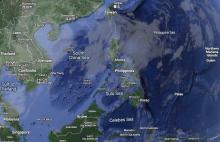
The 'POTUS' – The President of the United States left India after witnessing a colourful 66th Republic Day celebration on January 26 as the chief guest. Despite a brief spoiled sport played by nature on the Day, the shortened three-day visit (Jan 25-27) of the US President to New Delhi has created an uneasy ripple in Beijing.
-
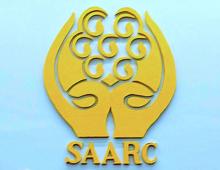
The 20th Conference of Parties (COP) to the UN-sponsored Framework Convention on Climate Change (UNFCCC) will be held from 1 to 12 December in Lima, Peru. Since the US-China bilateral climate deal on the sideline of Asia Pacific Economic Cooperation (APEC) early this month, the world has eerily been watching India's 'breaking news' short of indication of targeted greenhouse gas (GHG) reduction. Between APEC and COP 20 (Lima), the 18th SAARC summit (South Asian Association for Regional Cooperation:26-27 November) in Nepal provides a breathing space for India.
-
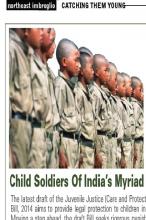
The issue of children engaged in armed conflict has often caught the attention of academics, policy-makers, and rights advocacy groups around the world. Ironically, however, it has completely escaped the same attention of the government agencies in terms of formulating legislation or policies which could end or at least control this dangerous phenomenon. India is a case in point.
-

In an interview with CNBC-TV18’s Latha Venkatesh and Sonia Shenoy, Deba Mohanty, Vice President of the Society for the Study of Peace and Conflict, said he hoped for more reforms beyond the hike in FDI. Below is the edited transcript of the interview on CNBC-TV18.
Latha Venkatesh: The move to allow 49 per cent of FDI for manufacturing defence equipment received considerable publicity. Have you noticed any other reform measures and procedures that the new government has initiated?
-

In an interview with Newsroom Post, Animesh Roul, Executive Director of the Society for Study of Peace and Conflict, says that Jamaat-ul-Mujahideen, Bangladesh (JMB) has flourished with the help of local support. Speaking to Newsroompost.com, Roul says that the unchecked influx of Bangladeshi Muslims created pockets of influence for political parties in West Bengal.
Newsroom Post: How do you perceive the Burdwan incident in West Bengal?
-
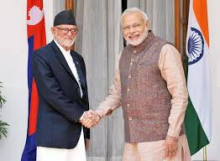
Prime Minister Narendra Modi’s visit to Nepal in August this year sparked a united political front in the Himalayan nation – a rare eventuality given the intra and inter-party rivalry in the country. The visit also occurred at a crucial juncture when Nepal faced major challenges in drafting a new constitution by the second constituent assembly (CA). The visit marked an important step towards strengthening the bilateral ties, marred by apathy and indecisiveness.
-
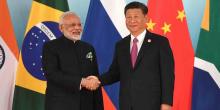
The recent visit of Chinese President Xi Jinping to India raised much expectation amongst the Indian people. It was Mr. Xi’s first India trip since he assumed the post of President after the Narendra Modi-led government came to power in May 2014.
-
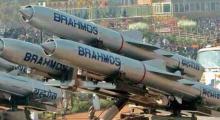
Indian Prime Minister Narendra Modi’s appeal to global manufacturers in his Independence Day speech on 15 August 2014—come, manufacture here, sell us and others (anywhere)—has generated varying degrees of attention in India and elsewhere. Whether such an avowal is a byproduct of a crafted political vision or a mere popular adventurism is debatable.
-
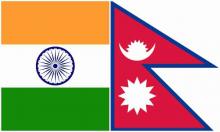
Over the years, Indian policy-makers 'taken-for-granted attitude' has distanced India from Nepal to such an extent that the contiguous border between the two countries seems unfathomable since the mid-1990s. It took a prime minister of India 17 years to dismantle the distance and reach out to the Nepalese youth. The recent two-day high-profile visit by the Indian Prime Minister to the Himalayan nation speaks volumes about the sense, sensitiveness, confidence, and consequences of bilateral relations India wants to nurture with Nepal.
Paxton ported to drupal by DropThemes.in